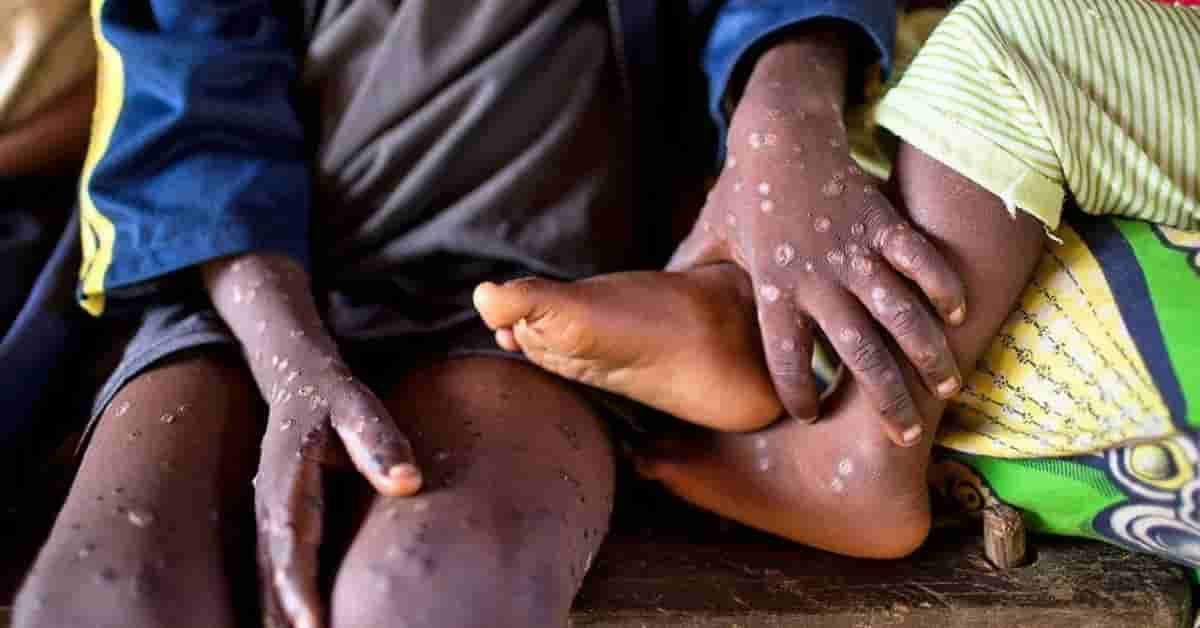The Kenyan government is taking urgent steps to prevent the spread of Mpox across the country by mobilizing Ksh2 billion and planning to secure two million vaccines by year-end. This move, spearheaded by the Ministry of Health, is in direct response to the growing threat of Mpox in Africa.
Health Cabinet Secretary Deborah Barasa announced the initiative, emphasizing the need for a targeted vaccination strategy. The vaccines will primarily be allocated to high-risk individuals, a method similar to the one used during the Covid-19 pandemic.
“We’re committed to protecting the most vulnerable,” Barasa stated, urging Kenyans to rely on accurate information and avoid spreading unverified rumors.
Emergency Declaration and Response
The urgency was amplified after the World Health Organization (WHO) and the Africa Centres for Disease Control and Prevention (CDC) declared Mpox a public health emergency. In light of this, Kenya has accelerated vaccine procurement while also activating critical emergency response measures.
The country’s first confirmed Mpox case was detected on July 31—a 42-year-old truck driver from Kiambu County. After traveling through several East African countries, he tested positive at the Taveta border post. Fortunately, after treatment, the patient made a full recovery.
Mpox, caused by the monkeypox virus, is a zoonotic disease that can spread from animals to humans and between people. The Democratic Republic of Congo remains the hardest-hit region, but the disease is now classified as a global health emergency, raising the stakes across Africa.
To combat this threat, the Ministry of Health has activated its Public Health Emergency Operation Centre and the Incident Management System, both of which will lead the national response. The government has also dispatched National Rapid Response Teams to assist counties with technical support.
International Funding and Surveillance
Kenya’s fight against Mpox has gained international backing, with global donors committing Ksh2 billion. The WHO identified a need for at least $15 million (Ksh1.9 billion) to support surveillance and response activities, with a substantial portion allocated to African countries.
While Kenya has only confirmed one case, Health Director-General Patrick Amoth cautioned that the actual number could be higher due to possible underreporting. In preparation for a potential surge, the government has ramped up surveillance at entry points and is establishing specialized laboratories for testing.
Amoth revealed that over 300,000 travelers have been screened, with 29 suspected cases all testing negative. He noted that, due to the limited global vaccine supply, the government will prioritize those most at risk.
Enhanced Diagnostic and Training Efforts
In addition to securing vaccines, Kenya is upgrading its diagnostic capabilities, including plans to sequence the Mpox variant found in the region. The government is also intensifying healthcare worker training for early detection and better management of the disease.
The Ministry of Health has reassured citizens that rapid response teams are on standby to handle any new cases. Health CS Barasa highlighted that counties have been directed to activate their emergency response systems, with 25 County Emergency Operation Centres already operational.

